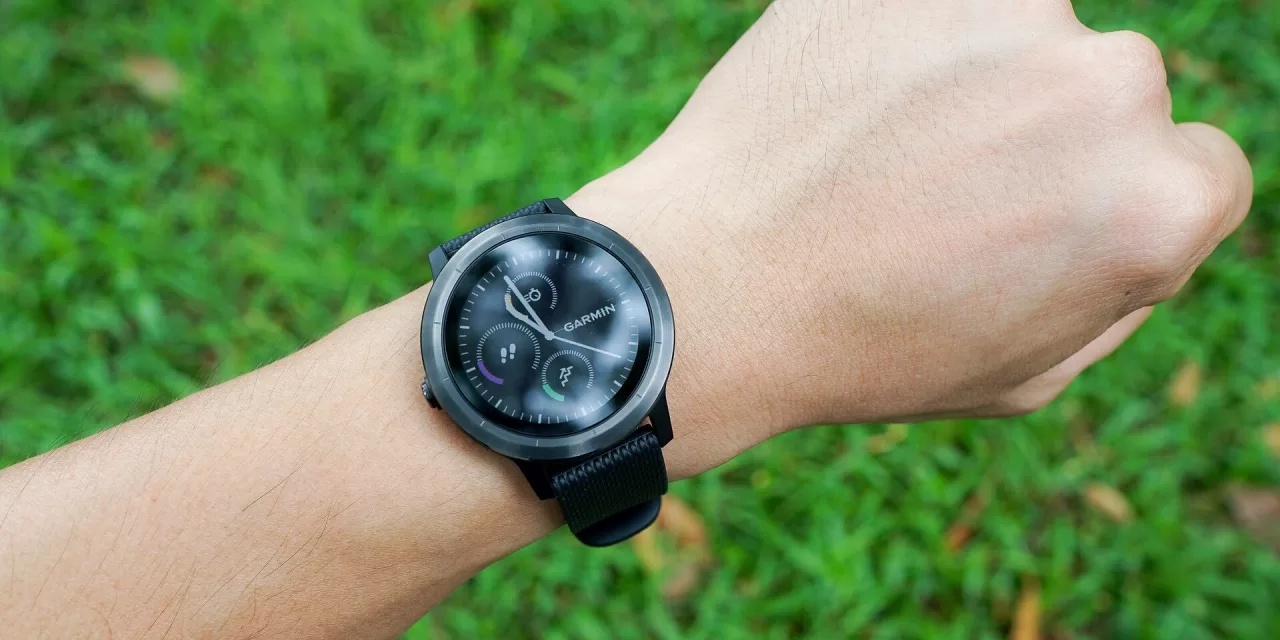In an age where fitness tracking has become an obsession, wearable devices like smartwatches are increasingly popular. Yet, experts are raising concerns about the unintended consequences of these gadgets, particularly their potential to induce anxiety in users.
In today’s fitness-driven culture, it’s not uncommon to see individuals constantly checking their smartwatches to ensure they meet their daily step count or calorie burn goals. While staying informed about one’s health is commendable, experts caution that an overreliance on these devices can lead to heightened anxiety.
Medical-grade wearable devices have seen a surge in popularity, particularly among the younger generation. These devices offer detailed health monitoring features, which are meant to empower users with information about their well-being. However, the information provided is often unfiltered and may overwhelm users who lack the medical knowledge to interpret it correctly.
A recent study published in the Journal of the American Heart Association on July 16, 2024, highlights the anxiety-inducing effects of wearables. The study focused on patients with atrial fibrillation (AF), an irregular heartbeat condition. It found that 20% of these patients experienced increased anxiety due to the notifications from their wearable devices, prompting them to seek medical attention.
These individuals were more likely to undergo additional medical procedures such as electrocardiograms (ECGs), echocardiograms, and AF ablations. The study suggests that the anxiety triggered by wearable devices can lead to unnecessary medical interventions, further exacerbating health concerns.
“Wearable devices, though an attractive option for monitoring our health, are also a source of enhanced anxiety for some users,” said Dr. Vinayak Agrawal, Senior Director and Head of Non-Invasive Cardiology at Fortis Memorial Research Institute. “The use of medical-grade wearable devices like the Apple Watch and Fitbit has become a rage, especially among the younger generation eager to know it all, without realizing the side effects of this unfiltered deluge of information. Most individuals don’t have the knowledge or right perspective to interpret the data these machines are vomiting out.”
A common trigger for anxiety among wearable users is heart rate variability, leading to panic reactions and increased blood pressure. Hypersensitive individuals may experience mini-panic attacks, prompting them to seek medical advice or rush to emergency services. This behavior often results in further tests, including ECGs, ECHO, Holter monitors, and CT coronary angiograms, fostering hypochondriac-like tendencies.
“The most common concern we see is regarding heart rate variability. Users worry if their heart rate is too low or too high, leading to fears of stroke or heart failure,” Dr. Agrawal added. “These panic reactions are common among users who are hypersensitive about their health issues. Such episodes can lead to elevated blood pressure and heart rate readings, forcing individuals to seek medical opinions or undergo additional high-end tests.”
While wearable devices are not inherently problematic, their excessive use and the lack of informed interpretation of the data they provide can be detrimental to mental health. Experts urge users to approach wearable technology with caution and perspective, recognizing that knowledge without context can do more harm than good.
As the popularity of wearable devices continues to rise, it is essential to balance the benefits of health monitoring with an awareness of the potential psychological impacts.












